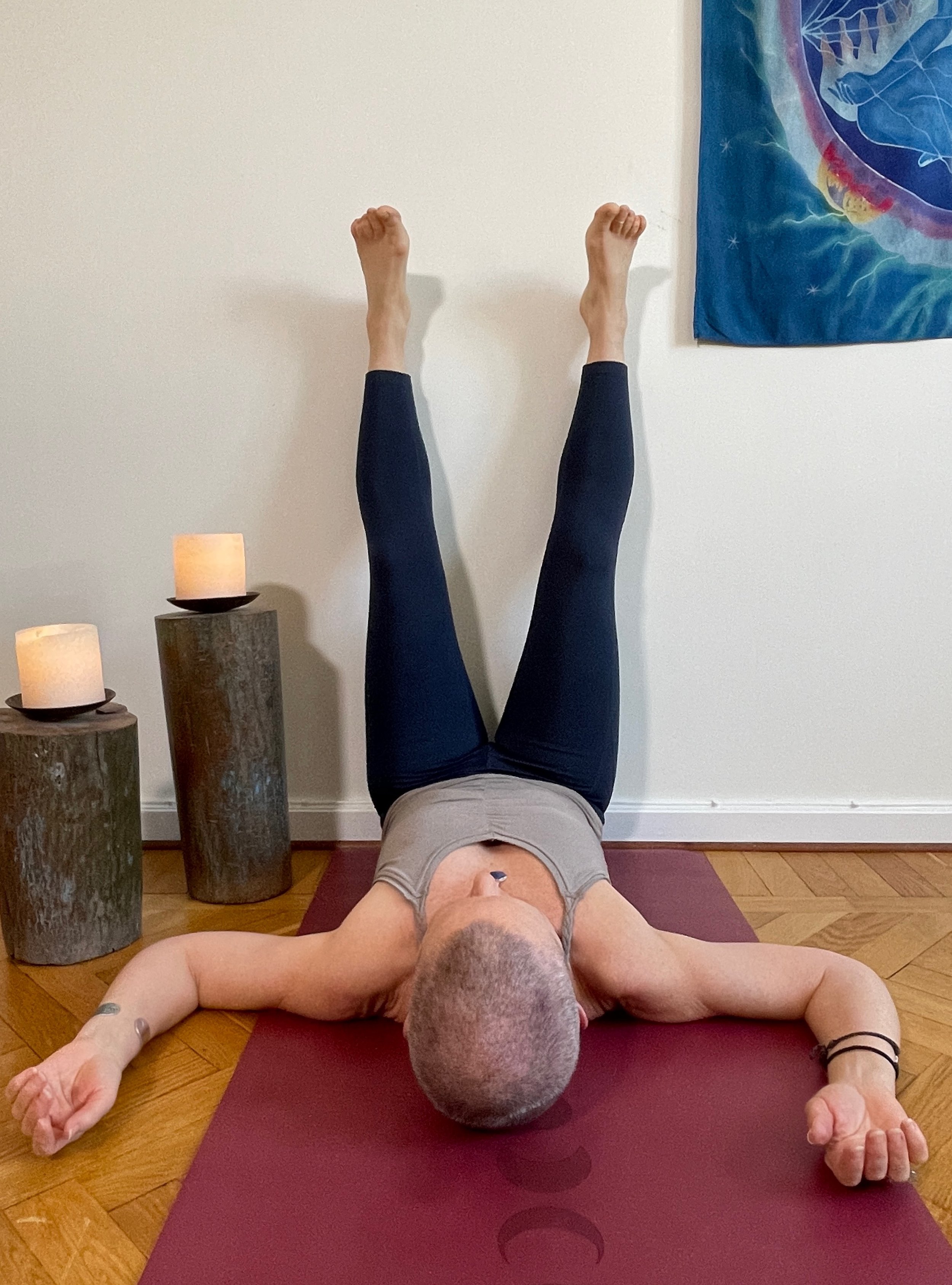Eliminate stress - to set yourself free
Stress is a natural reaction to physical, mental, and emotional pressure of various kinds.
Adrenaline - kicks in when faced with danger, physical challenges, anger, and psychological stress
Noradrenaline - important for alertness, enthusiasm, and optimism and increases the ability to concentrate
Cortisol - helps you to perform both physically and mentally, and regulates the body's metabolism of sugar, fat, and protein.
In fact, stress is a vital response in the body that triggers various stress hormones such as adrenaline, noradrenaline, and cortisol to give you extra strength and energy, for example when you feel in danger or inadequate in a pressurized situation.
Stress is highly individual and occurs to redress the imbalance between the demands of the environment and your own demands, based on your personal resources.
For prehistoric man, stress was a way of perceiving danger and putting the body and all the senses in readiness to fight or flee and survive. In today's society, stress has entered everyday life in a very different way and has also taken on a slightly different character as time constraints and feelings of inadequacy have increased. It is when people feel out of control, insecure, and without purpose that the risk of stress increases. Stress often arises as a result of your thoughts, of daily ruminations. The body has difficulty distinguishing between thoughts and real physical dangers, so the same bodily reactions are created.
It is your interpretation of the situation that creates stress!
When the demands, pressures, expectations, and challenges of your daily life become too much for you, you may also feel stressed. Stress is your body's defense against these reactions. Short-term, positive stress can improve concentration and motivation. It is when stress develops into long-term stress and does not subside that it starts to become dangerous, which in the long run can lead to sleep problems, depression, a number of illnesses, and in the worst-case burnout or fatigue.
Stress should be seen as a natural psychosomatic biological response to individual stresses, which in turn leads to various bodily reactions. By understanding how and when your stress arises, you can learn different ways to manage stress. The source of stress can be physical, psychological, or social.
The development of stress-related symptoms is rarely due to a single cause. Often it is about the so-called "life puzzle", where we struggle to deliver in several important areas of life.
In order to minimize your stress levels, you first need to understand what is stressing you, by knowing what your reaction is.
Common signs of stress include
* heart palpitations
* intense or confusing thoughts
* short breathing
* increased heart rate
* poor sleep
* upset stomach
* dizziness
* pressure across the chest
* pain in shoulders and neck
When you know which symptoms you experience, you can create a map of your life including when you feel one or more of the above symptoms. Using this map, you can then grade what is important and what can wait, and from that grading create a priority list to put in your calendar.
In your calendar, the most important thing is to introduce breaks and methods for peace and quiet. When you have peace and quiet, your "feel-good" hormones, oxytocin, dopamine, and serotonin, are created.
With relaxation, space is created both in your breathing, your mind as well as in your emotions, which will give the feeling of freedom. The more you practice relaxation, the better it will feel.
Relaxation is the best way to
create sustainable health.
.
Please feel free to take advantage of my deep relaxation which you can find under my blog post from last week - Deep Relaxation.





